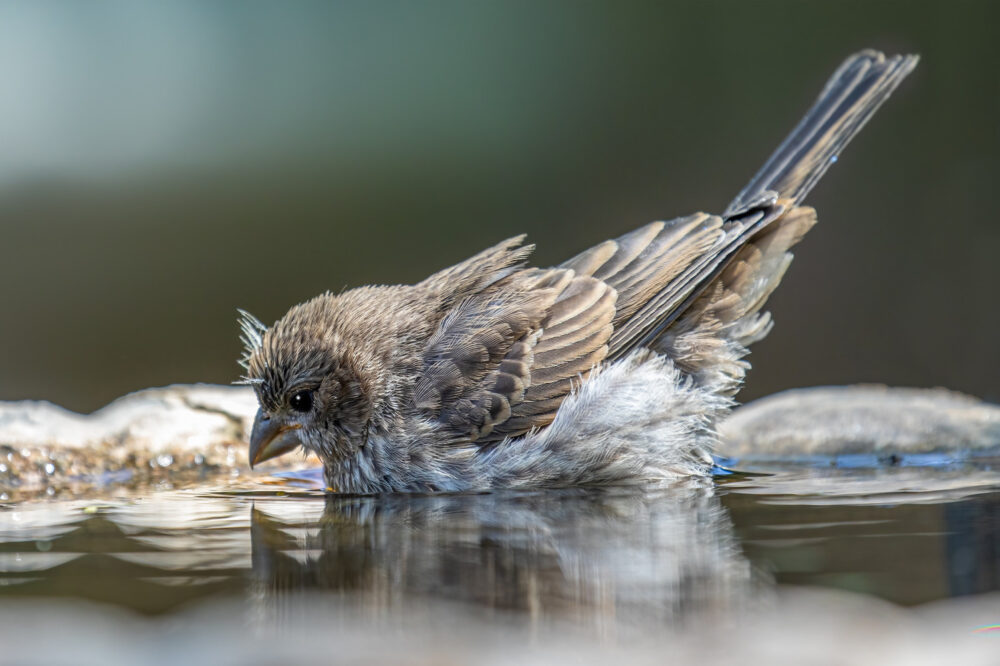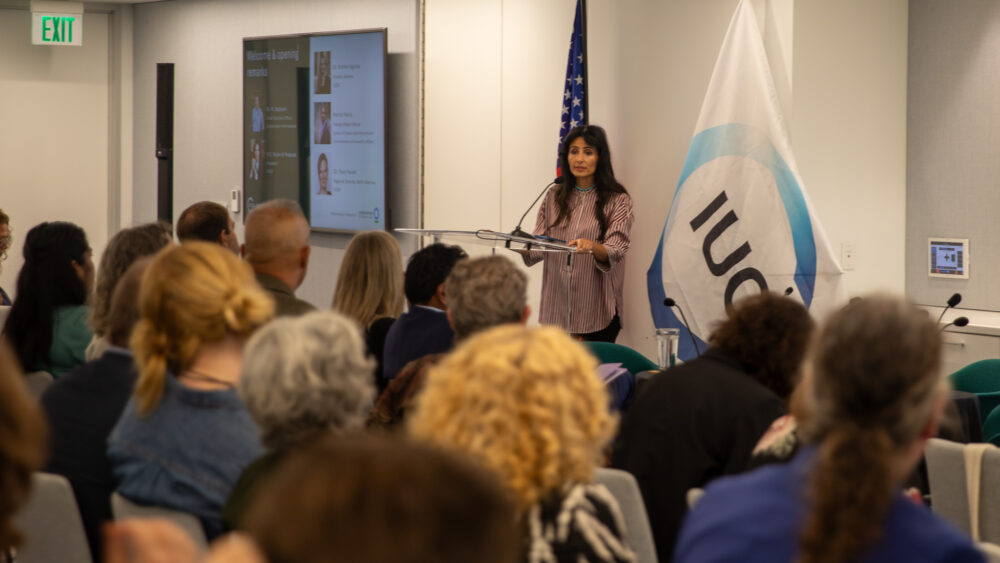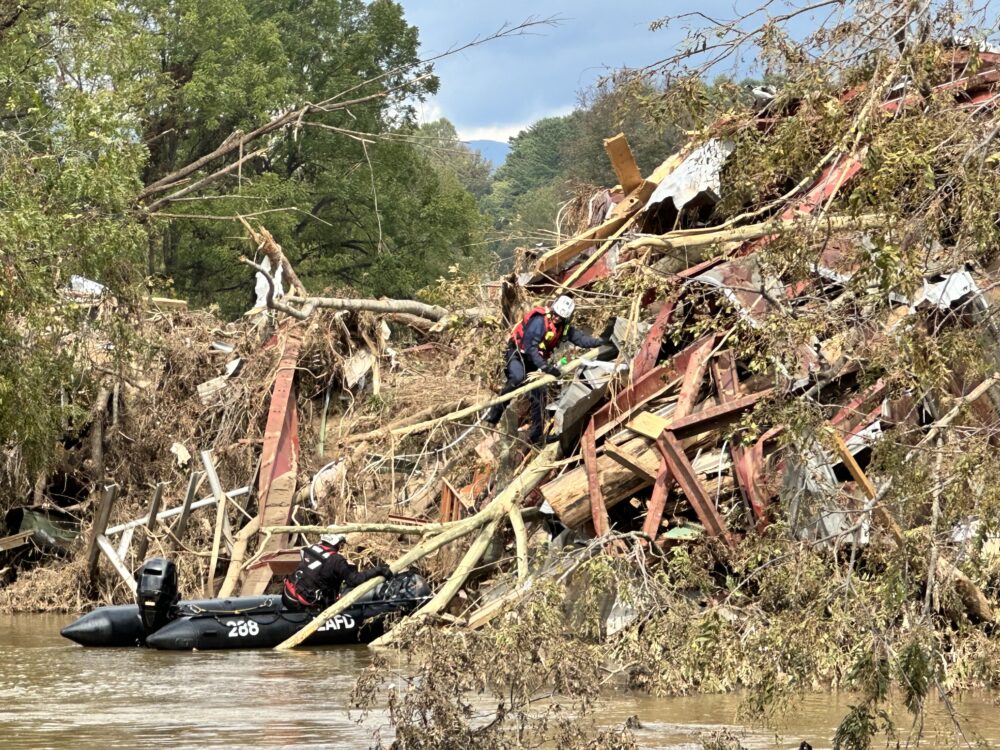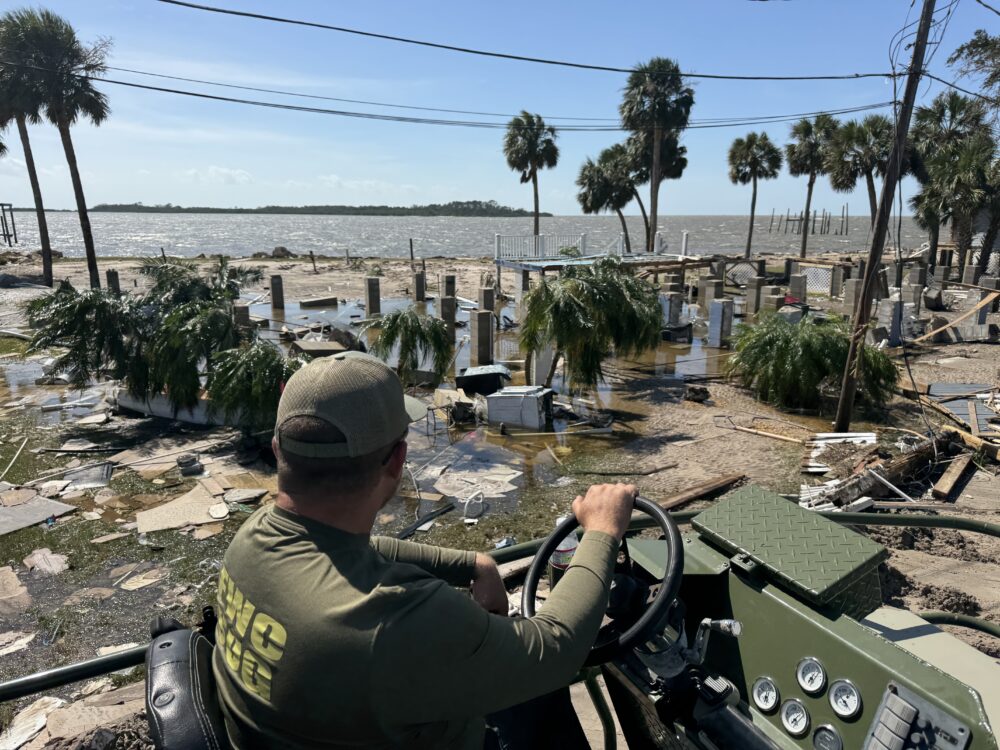We have much more to do and your continued support is needed now more than ever.
Success: EPA agrees to take invasive species seriously

Today, NWF and other conservation groups placed the U.S. Environmental Protection Agency on a path that should finally protect native aquatic life from new invasive species. Species like the zebra mussel which have already invaded are wreaking havoc on native wildlife and ecosystems across the country, from the Great Lakes to all points of the compass.
But now, EPA has agreed to propose strict limits on ships to settle a federal lawsuit filed by NWF and others. EPA’s proposal should lead to regulations that will protect the waters of the United States in the future.
This day has been a long time coming. For more than thirty years after passage of the Clean Water Act, EPA allowed ships from around the world to freely dump their ballast water. As a result, non-native species in ballast water were introduced to the waters of the United States. Many of these species established reproducing populations in the Great Lakes basin and beyond.
The legacy of EPA’s past hands-off policy has been irreparable harm to the waters of the United States and the expenditure of billions of dollars to control invasive species. Native aquatic species have suffered and, in some cases, been driven to extinction by invasive species, sending ripples of destruction through the food web. Fishing, swimming, and boating have been impacted. Municipalities and industry have been saddled with a perpetual burden of keeping the water systems they need to operate clear of obstructions caused by invasive species.
Finally, in 2008, the courts compelled EPA to regulate ballast water discharges. Unfortunately, the permit EPA issued relied on measures required by the U.S. Coast Guard that had already failed to stop invasive species. That prompted NWF and many of its partners to sue EPA.
The settlement filed today in the U.S. Court of Appeals reinforces EPA’s mandate to maintain and enhance the biological integrity of the nation’s waters. NWF will stay actively involved to make sure EPA fulfills its obligations to protect native aquatic life in the Great Lakes and other American waters.





















